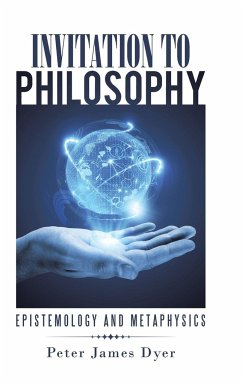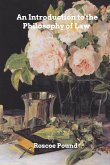This book is aimed at university undergraduates in philosophy (e.g. Philosophy 101) and those hoping to become such (UK A level candidates, Pre U students, those taking the International Baccalaureate and the like). An effort has also been made to write in such a way as to provide an invitation to the general reader to learn more about philosophy together with its historical and current importance. In particular, the role philosophy has had and is having in giving shape to conceptual frameworks with respect to knowledge about what can or must exist. Attention is given as well to demonstrating the power of philosophy to deconstruct and expose weaknesses and strengths in new and long-standing modes of thought. Thus it is hoped to provide the reader, not only with a greater understanding of epistemology and metaphysics, but also with increased power to analyze other fields of enquiry as well. Invitation to Philosophy divides its presentation into three parts: "Epistemology," "Metaphysics," and "An Invitation to Plato." The first part addresses questions about the nature of knowledge and about how one can know. In the section on metaphysics, the presentation considers, "What is existence?" and "What can exist?" It focuses further on the philosophy of religion and the philosophy of mind. The final part returns to the influence of perhaps of the founding father of the Western intellectual tradition-Plato. The well-used maxim that by standing on the shoulders of giants one can 'see' further, than if one's feet are set firmly on the ground is also applicable in this context. Keeping one's balance here, however, is not always easy - philosophy can be disturbing at times..








